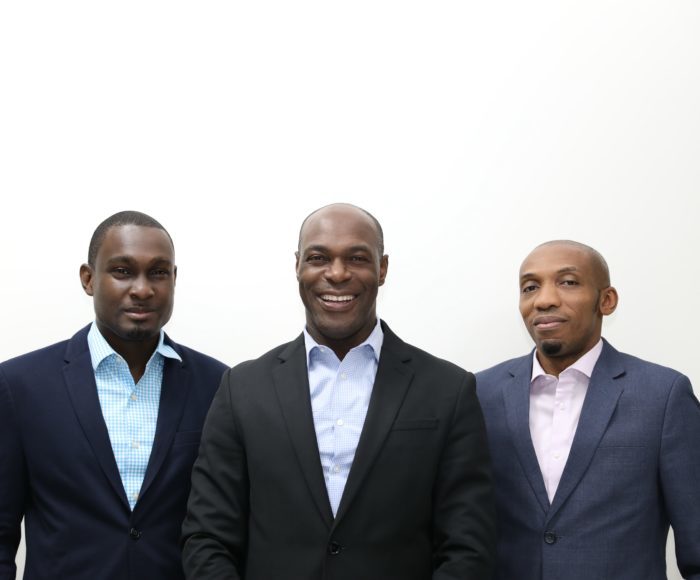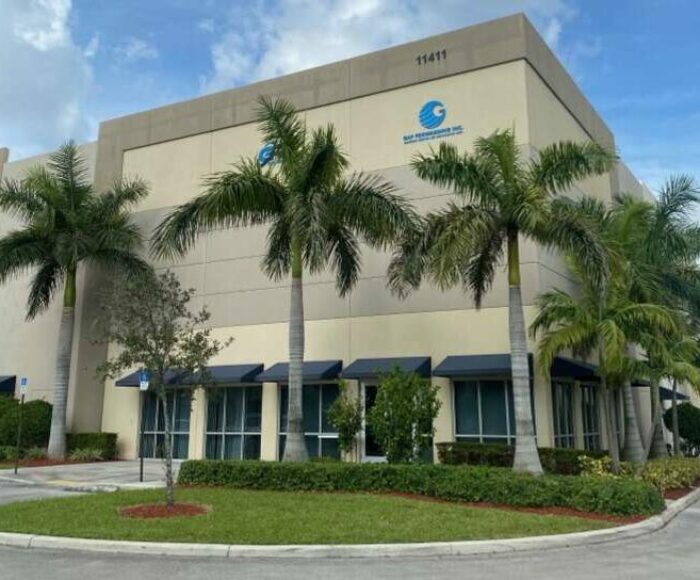Sygnus Real Estate Finance Limited (SRF) has put Guyana on its radar as it explores the potential for investments in the Caribbean.
“Yes, Guyana is a place that we’re looking at, but we don’t have any concrete projects in Guyana as yet. We’re going to continue to look but based on the type of projects that we’re trying to develop, we’d want to do it where land value is pretty reasonable and there’s demand for what we’re building,” said co-founder and chief investment officer of the Sygnus Group Jason Morris at an investor briefing last week Tuesday.
Read more: Sygnus Real Estate bullish on JamaicaThe South American country has seen its economic fortunes continue to improve as the discovery of oil since May 2015 continues to fuel its explosive growth. The World Bank projects Guyana to grow by 34.3 per cent in 2023 compared to global growth which has slowed to a projected 1.7 per cent.
Just yesterday, Guyana reported its second offshore discovery since the year began.
SRF’s affiliate Sygnus Credit Investments Limited is in 10 Caribbean territories with minor exposure to the United States of America. Its other affiliate, Sygnus Deneb Investments Limited, also completed two recent investments with major Caribbean-focused firms which reflect the interest of investors in alternative real estate financing. Several other listed companies on the Jamaica Stock Exchange such as Massy Holdings, NCB Financial Group and Supreme Ventures Limited have also thrown their dice at Guyana.
However, Morris was cautious about how the company deploys capital related to real estate investments beyond Jamaica despite seeing numerous project proposals come across his desk for consideration. He further added that the company is very comfortable with 100 per cent of its assets in Jamaica based on the dynamics of the economy.
“Our strategy is very deliberate and very clear. We identify high-value real estate and we’re looking at high-value real estate in a number of other Caribbean regions and for us to go outside of Jamaica, the first transaction needs to be high impact and be with a partner that understands how to execute transactions in that market,” Morris responded on the potential for its first investment outside of Jamaica.
SRF has been aggressively increasing its asset base, which is up 46 per cent year over year to $14.54 billion in November, influenced by the growth in its $9.94-billion investment property portfolio and $2.63-billion real estate investment notes (REINS). It recently began completing a $1-billion exit for a REIN which achieved practical completion in October and receive sale proceeds for purchased units.
The company is also gearing up to complete the development of Spanish Penwood, which is 87 per cent complete and should see an exit between February and March.
Its signature One Belmont project, valued at $3.70 billion, is also expected to be completed by April/May with four of the five floors leased. It has 70 per cent exposure to One Belmont through Audere Holdings Limited.
When asked about the risk for commercial real estate amid the fears of a recession, Morris stated, “I think that commercial real estate is in a good space. The place where SRF is playing in terms of corporate is tier one and we don’t have any issues with that as seen by the type of tenants who are looking for corporate office space.”
SRF’s first-quarter loss rose 73 per cent to $172.50 million as its operating expenses increased during the period along with fair value losses on financial instruments due to higher rates. However, SRF is expecting to possibly consider a dividend later this year once it exits the various investments within the calendar year.
SRF purchased 58 Lady Musgrave Road subsequent to the quarter, which means that it owns 1.2 acres of land when also including 56 Lady Musgrave Road. Its Monadh Rois project is currently going through the value-phase process while its hospitality focused Mammee Bay and industrial Lakes Pen property are undergoing consultancy engagements. SRF’s share price has decreased to $9.01 and US$0.095, which is well below the original $22.71 book value. Shareholders equity is up nine per cent to $7.42 billion.
“In all economic downturns and challenging periods, the most money is made by those astute investors who identify good assets which represent a risk that they’re willing to take and comfortable with,” Morris closed on the risk in a recession and opportunities.




